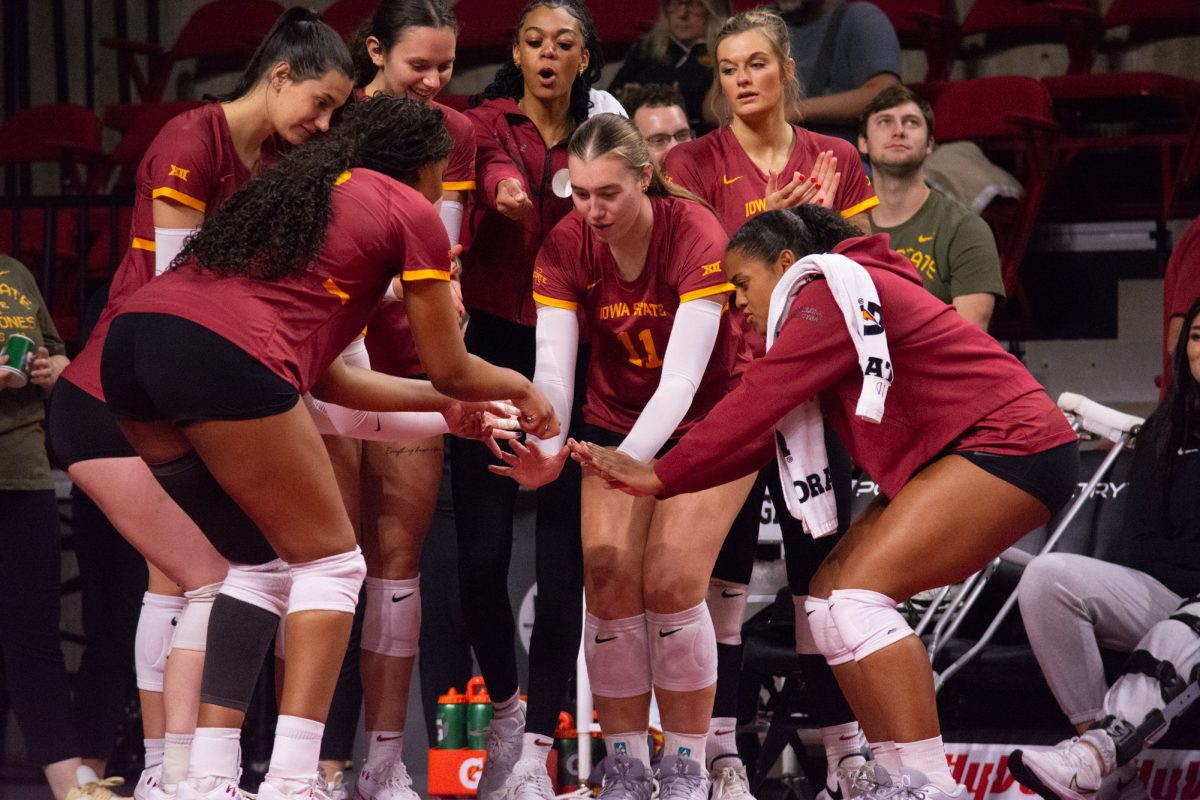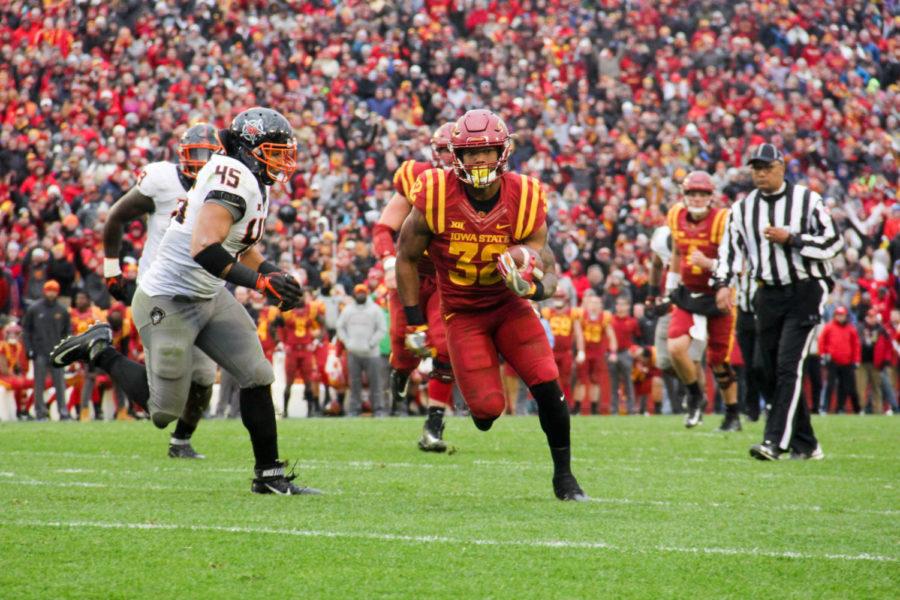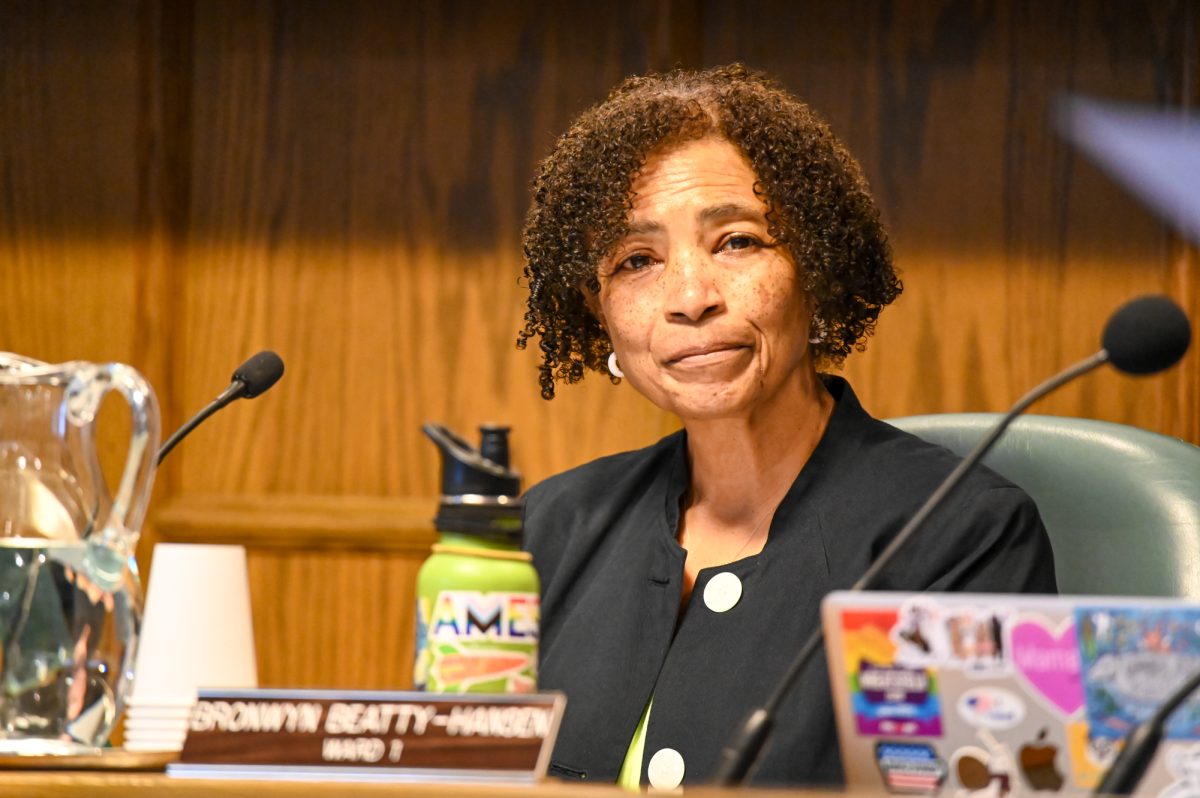COLUMN: Bush’s speech reminded America why peace is important at any cost
September 11, 2003
Iraq will not be remembered for the war that was fought there only a few short months ago, but rather it will be remembered for the peace that is being waged there now. President Bush, in his address to the nation, reminded the American people why peace is so important and offered us a difficult, but feasible plan to win the peace that is so important to the war on terror.
The President’s address was not about what was done in the past, but what is going on now and what must be done with Iraq in the future. That is what this $87 billon is for. Iraq must not be allowed to fall into the hands of terrorists that would kill us. American forces have already made much progress getting services restored and beginning the process of overturning control of Iraq to the Iraqis. An Iraqi police force is already on the street, and the Iraqi Governing Council is beginning to run the country. Most attacks on anyone in the country (Iraqis, the U.N. or U.S. forces) are coming from the outside in; a very small minority are coming from normal Iraqis. Leaving Iraq now or even shortchanging the Iraqi people could have devastating effects. For example, what if Truman only got a portion of what he asked for with the Marshall Plan or the rebuilding of Japan after World War II? Would those countries that benefited be the peaceful democracies they are now? I seriously doubt it. Before the Iraqi people can think about freedom they need to know where their meals are coming from. Without the insecurity about basic needs that this $87 billion will cure, the Iraqi people can become a beacon of freedom for the Middle East.
The other part of Bush’s speech that is getting much attention is his decision to get the U.N. involved. I have to say I was not surprised by this decision. Most people weren’t surprised simply because, although still within the administration’s estimate of $100 billion to $200 billon, Iraq is costing a lot. But I have always seen Bush as wanting to get the international community involved, if only on his terms, which the likes of France did not care for. When most see a “unilateralist,” I see a man that fooled around with the U.N. for nearly a year when it was obvious they did not have the will to stand up to Saddam Hussein on the slim chance he would get a real Security Council Resolution, unlike the previous 18. After that Bush got 30 countries to publicly support the war (15 behind the scenes), some of the biggest support in history — especially when it is considered politically easier for many of these countries to not publicly support the United States.
Iraq never was, and never will be, an easy battle with the war on terror. It is, however, an important one. Bush reminded us that winning the war was important, but winning peace is even more so.
Louis Kishkunas is a sophomore in political science from Glenwood. He is the vice chairman of the ISU College Republicans.






